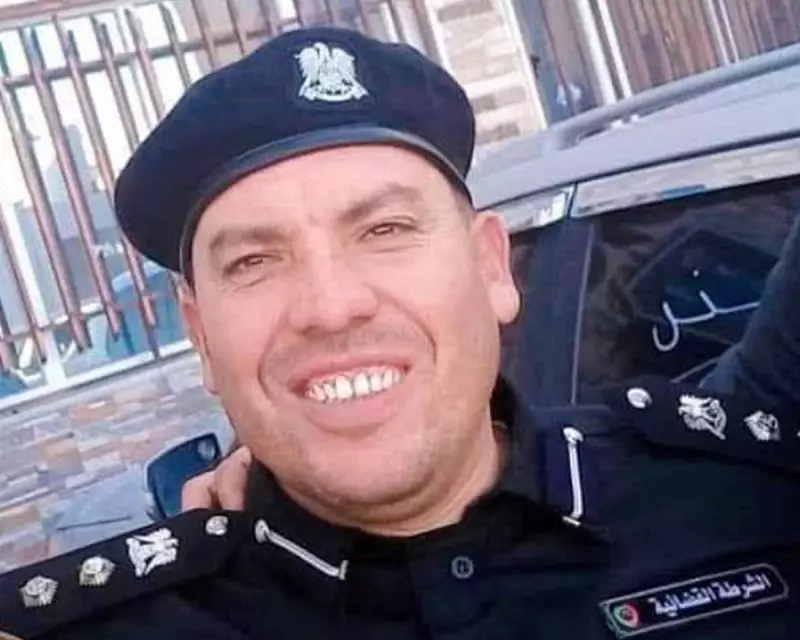
In a stunning development that could mark a turning point for international justice in Libya, notorious military commander Mahmoud al-Werfalli has been apprehended in Tripoli after years evading capture. The former Libyan National Army officer stands accused of committing horrific crimes against humanity that were brazenly documented in social media videos.
A Trail of Execution-Style Killings
Al-Werfalli gained international notoriety through a series of chilling execution videos that circulated online, showing him personally carrying out or supervising the killings of dozens of bound captives. The International Criminal Court had issued two arrest warrants against him in 2017 and 2018, charging him with murder as a war crime.
The graphic footage, which drew widespread condemnation from human rights organisations, depicted al-Werfalli executing prisoners in broad daylight outside mosques and other public locations in Benghazi. His capture represents a significant victory for those seeking accountability in Libya's decade-long conflict.
Dramatic Arrest Operation
Security forces loyal to Libya's internationally recognised government conducted the carefully planned operation in central Tripoli. Details emerging suggest the arrest was executed without major incident, though authorities remain tight-lipped about the specific intelligence that led to his location.
"This arrest sends a powerful message that those who commit atrocities cannot escape justice forever," said a senior Libyan official speaking on condition of anonymity. "It demonstrates our commitment to the rule of law, despite the challenges our nation faces."
International Justice Implications
The capture raises crucial questions about where al-Werfalli will face trial. The ICC has maintained its outstanding warrants, but Libyan authorities may seek to prosecute him domestically. Legal experts are watching closely to see how jurisdiction will be determined.
Human Rights Watch and Amnesty International have both called for his immediate transfer to The Hague, arguing that Libya's justice system remains too fragile to handle such a high-profile war crimes case effectively.
This development comes as Libya attempts to navigate a fragile political transition following years of civil war and division. The successful apprehension of such a high-profile alleged war criminal could strengthen the position of the interim government as it prepares for elections.





